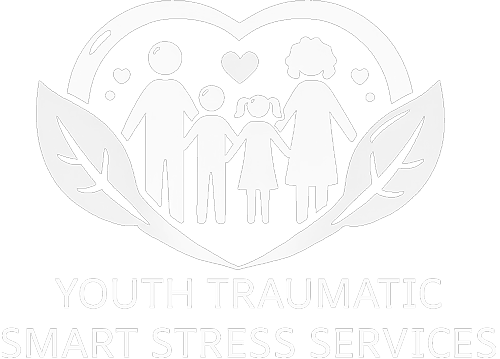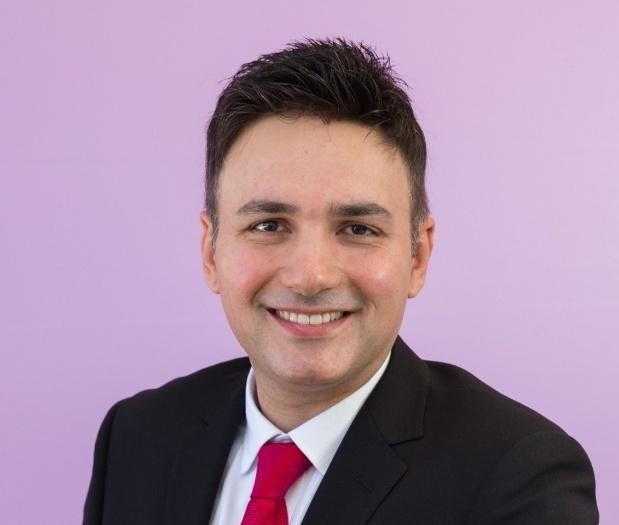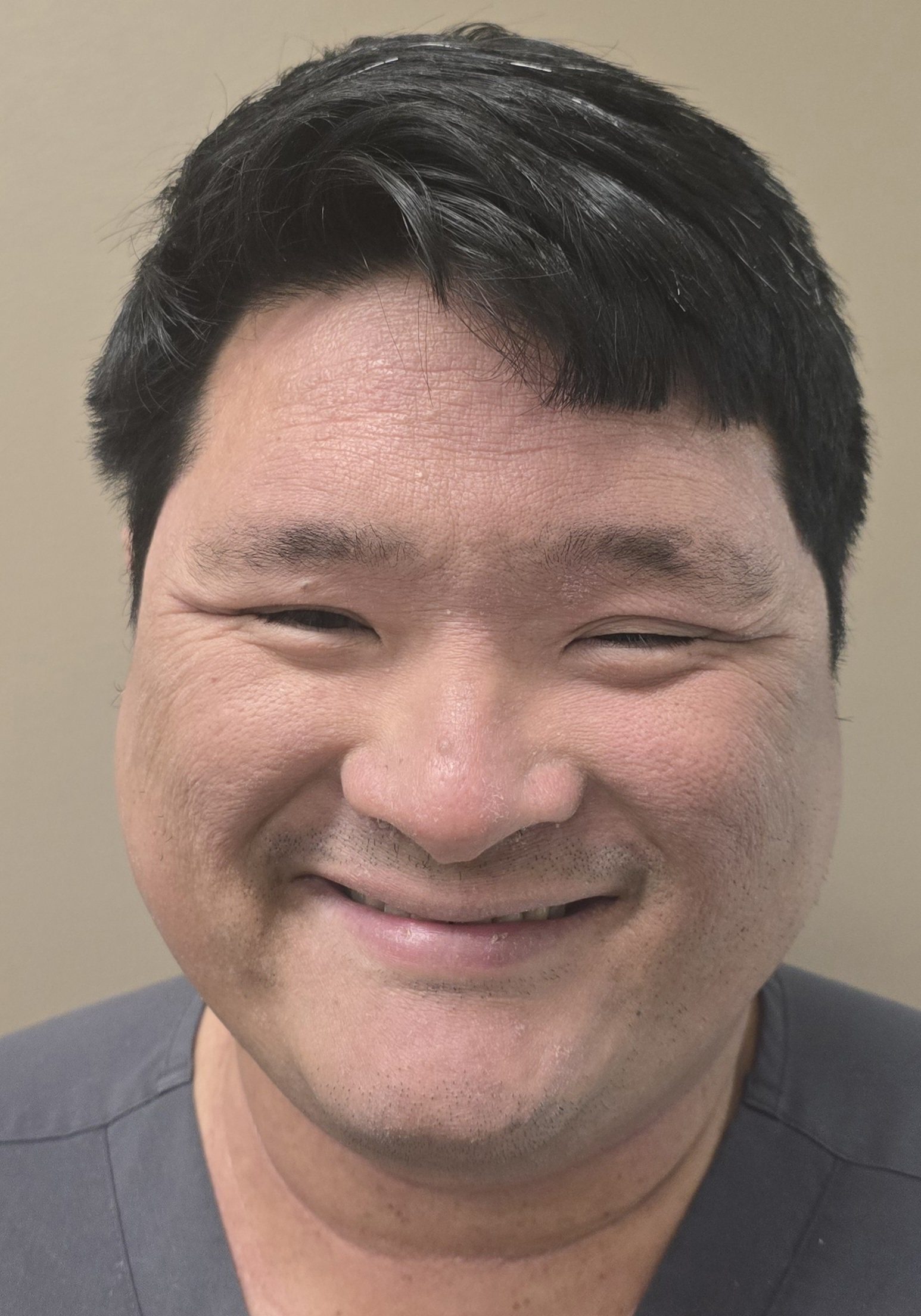LEVEL OF CARELEVEL OF CARE
With comorbidity of Suicidality and/or DCFS Referral
If a parent or youth reports any level of suicidal thoughts (CSSS >0), the youth and their caregivers will receive digital messages containing information on suicide safety planning, crisis management, and available hotlines. Additionally, mental health clinicians will conduct an assessment to determine the severity of risk and the appropriate course of action.
Restorative Approach
Adolescents exhibiting significant symptoms and a high risk of suicidality will be referred to the OVMC-LAC psychiatry emergency room for a trauma-specific, evidence-based assessment, including the interventions outlined below. Depending on symptom severity, functional impairment, and family preferences, they may be referred for further treatment through TGCTA or RFPP.
Family Intervention for Suicide Prevention (FISP)
FISP is a structured intervention rooted in cognitive-behavioral and family systems theory, designed to engage family support, enhance problem-solving skills, and reframe a suicide attempt as a critical event requiring treatment. The intervention aims to:
- Reduce short-term risk of repeated suicidal behavior by strengthening coping strategies for both youth and their families.
- Motivate youth and caregivers to initiate and adhere to follow-up treatment.
- Improve linkage to ongoing mental health care and increase adherence to treatment after an emergency room visit.
FISP leverages the ER visit as a pivotal moment to intervene, providing immediate support to prevent further suicidal behavior.
Traumatic Stress Safety Treatment
This treatment includes structured behavioral modules focused on self-compassion, resilience, and trauma management. It incorporates techniques such as emotional regulation, distress tolerance, and safety planning to help youth cope with trauma reminders and reduce distress. The intervention aims to:
- Strengthen coping skills in response to trauma triggers.
- Enhance safety planning and self-regulation strategies.
- Improve treatment engagement and adherence.
Follow-Ups
Adolescents diagnosed with PTSD will receive follow-up support either in person or via phone to monitor progress and ensure symptom improvement. Follow-ups will be tailored based on symptom severity and functional impact to prevent worsening and reinforce ongoing care.
Crisis information for youth with possible exposure to negligent or abusive behavior (DCFS referral) or with potential symptoms of suicidality is provided below. For those not receiving care through our program, we recommend contacting mental health crises or going to the nearest emergency room or hospital.
Resources:
https://dmh.lacounty.gov/get-help-now/
Mental Health Hotline: 988
DCFS Hotline Number: 800-540-4000









